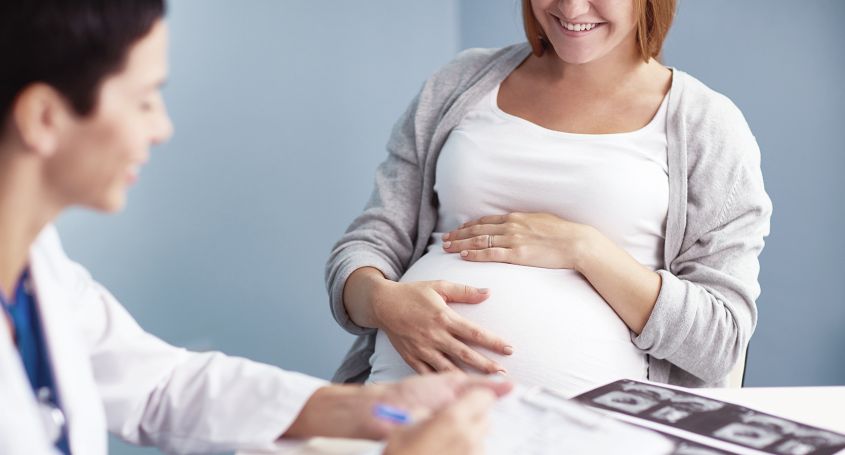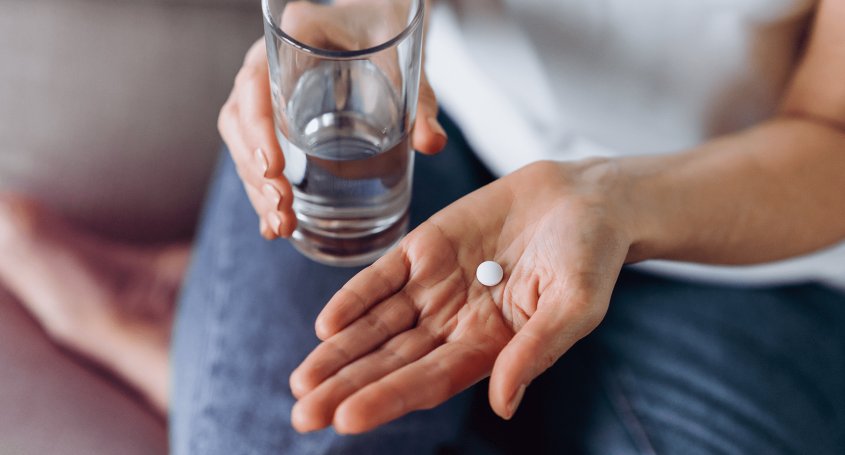Have you heard of the ROPA method and do you know what the success of this technique depends on? Below, we answer some of the most asked questions on this topic.
What is the ROPA method?
ROPA stands for partner egg receptions and is an assisted reproduction technique intended exclusively for couples of women who want to participate and share the pregnancy. One member of the couple will be the donor mother, who will donate her eggs, and the other woman will be the gestational mother, that is, the one in charge of receiving the embryos.
How does the process work?
First of all, we must ensure that both women have their periods at the same time so that, on the one hand, the woman who donates the eggs starts the ovarian stimulation and the woman who will receive the embryos prepares her uterus to achieve pregnancy. After the donor's ovarian stimulation, the eggs are obtained by ovarian puncture and in vitro fertilisation is carried out with donor sperm and embryo culture. Once the embryos are at the optimum stage of development, the embryo transfer to the pregnant mother is carried out.
This process does not have a specific time, as it depends on many factors, such as whether we have been able to synchronise the couple, whether the embryos are transferred one day or another, whether the quality of the oocytes is good or not, etc. However, in general, the treatments begin with the arrival of menstruation and last approximately 2 weeks in the case of the donor and 3 weeks in the case of the gestational carrier.
Who chooses the donor mother and the surrogate mother?
This decision is made by the couple, although our specialists help by considering the best chances of success. We must bear in mind that the patient with the best ovarian reserve will be the ideal one for egg donation .
Is it possible to choose the sperm donor?
No, the sperm bank sample is chosen by the embryologist according to genetic and phenotypic criteria.
Is the ROPA method the only treatment for female couples?
No, other treatments such as in vitro fertilisation or artificial insemination can also be performed on a female partner.
What does the success of the ROPA method depend on?
The chances of a successful pregnancy with the ROPA method depend mainly on the age of the woman donating the eggs. In women under 35 years of age the success rate is 81%, in women between 35 and 38 years of age it is 79% and in women between 39 and 42 years of age it is 66%. These figures are approximate.















